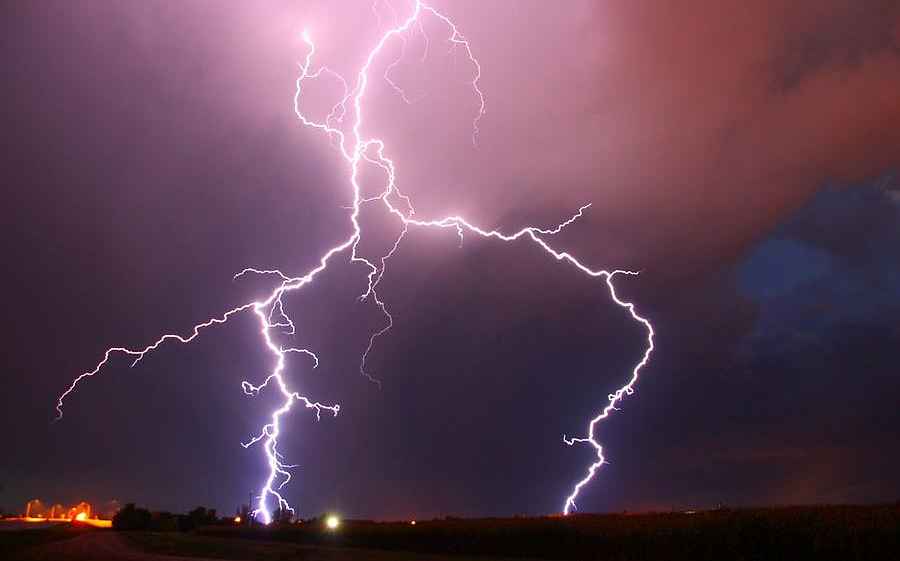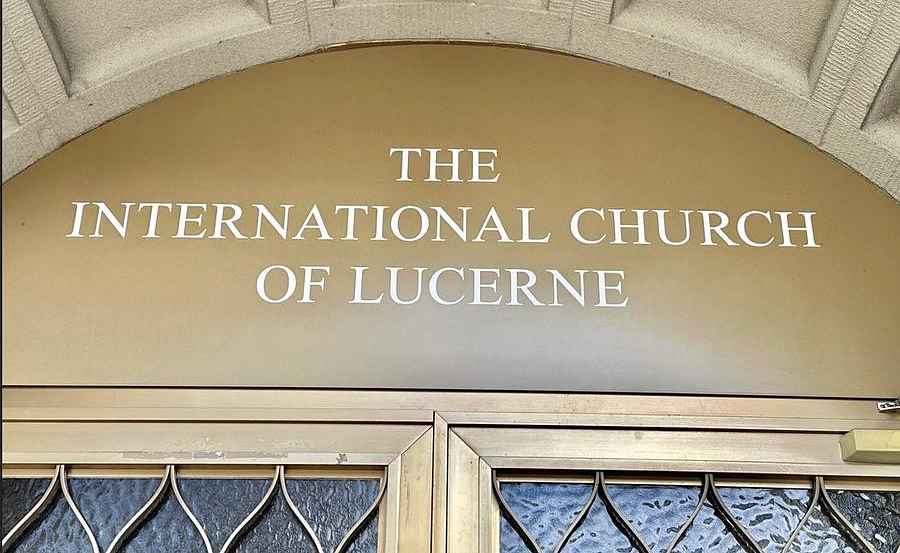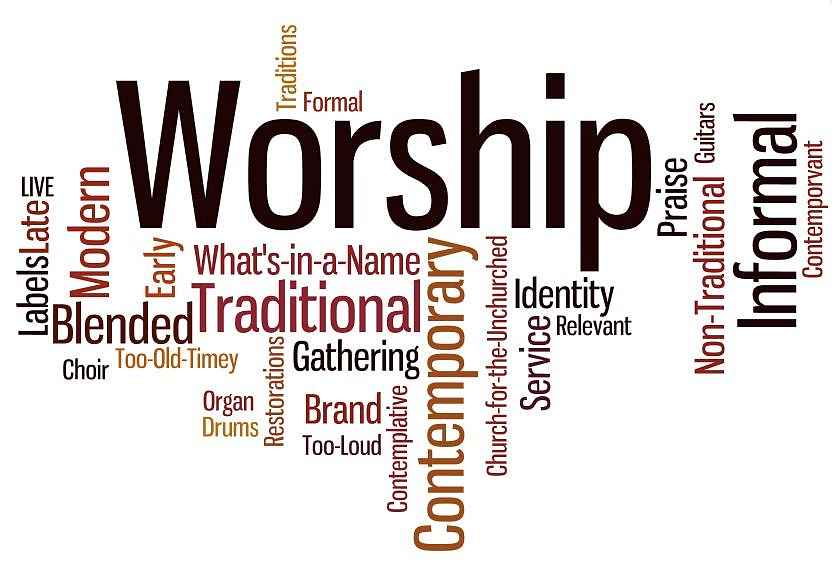






See listing of Recent and Most Popular articles on the Home Page
Faith
Category: Faith, Religion & Spirituality / Topics: Change • Music • Religion • Worship
Style or Substance?
by Dan Seagren
Posted: November 22, 2015
The ongoing debate over contemporary versus traditional worship styles can obscure the need to make worship inclusive rather than divisive…
Dan Seagren is the lead contributor to our Senior Moments section. This piece was originally written for a newspaper column called "Reflections."
This column will attempt to probe into the broad aspects of extemporaneous church and religious worship and music. Historically, there probably has been no beginning or ending of the subject. No doubt Adam and Eve did not possess a guitar nor a flute but maybe Cain and Abel were able to bang away in their youth with sticks and stones.
We will not try to trace history or modernity. But throughout history simple country and village churches stood alone before magnificent cathedrals emerged. Within these extremes existed quite a variety of structures and agendas which is also true today.
Within and outside these structures as well as with other buildings there is also a wide range of styles ranging from simple to complex. To further the story, the term contemporary ranges from current and public to even modern and matching. Not only do edifices vary, so does programming within. Consequently, as it is with many other structures and systems, the old can become antiquated or obsolete urging renovation or reconstruction. Or rejection.
The church, whether Orthodox, Roman Catholic or Protestant (with its over 400 denominations) is at best complicated. Consequently, revisions, omissions, interpretations, styles do occur but are not always beneficial and at times may become detrimental. Liturgies can languish along with vestments and symbols or flourish when invigorated just as simplicity or adaptation can encourage creativity or obscure meaning. One observation often overlooked is that the church can and does follow (imitate) its surrounding culture instead of leading the way.
Today some churches are struggling to stay alive while others are thriving. We see churches tightening its system while others do the opposite. Some are quite appreciative of their founders while others dissent. Today we witness a rather unusual phenomenon of accommodation in many churches including what is often portrayed as either/or or both/and Contemporary or Traditional.
These two kinds of services are held consecutively or simultaneously, in the same or different settings, with similarities yet probably differing more liturgically and musically, particularly in Protestant settings more so than Catholic and Orthodox traditions. With somewhat over 400 different Protestant denominations, it is difficult to generalize yet it does lend itself more readily to the Contemporary.
In the area of Church Music in particular where modern music is seemingly more inclined to be Contemporary, it does not have a long history and is struggling internally somewhat. Perhaps Wen Reagan sums it up as a long time worship director : . . the dissertation stage of my doctoral studies has required listening to 40 years’ worth of music from one of the most significant movements in modern church life—the good, the bad, and the downright ugly . . .Today hundreds of talented songwriters are crafting excellent music that will never land on the CCLI charts. Their craft is just as good as that of the heavyweights, and their songs are more musically and theologically diverse.
Another area of concern should be a reflection on a reduction or elimination of some of the traditional ingredients of worship including vestments, pulpits, pews, altars/communion tables, organs, choirs, symbols, a lectionary and hymnals. Wen Reagan asks: What if you don’t have a vocalist with gospel chops, doo-wop backup singers, or a killer bassist in your congregation? Don’t fret . . .people need solid spiritual food from their church music. They need songs that will sculpt their theological imagination and give voice to their praises, prayers, and confessions.
In short, both Contemporary and Traditionalists are obligated to probe deeply into the strategic, vital importance of Worship in the Christian Church to make it primarily essential as well as intentional. And inclusive, not divisive.
Search all articles by Dan Seagren
Dan Seagren is an active retiree whose writings reflect his life as a Pastor, author of several books, and service as a Chaplain in a Covenant Retirement Community. • E-mail the author (su.nergaesnad@brabnad*) • Author's website (personal or primary**)* For web-based email, you may need to copy and paste the address yourself.
** opens in a new tab or window. Close it to return here.
Posted: November 22, 2015 Accessed 231 times
![]() Go to the list of most recent Faith Articles
Go to the list of most recent Faith Articles
![]() Search Faith (You can expand the search to the entire site)
Search Faith (You can expand the search to the entire site)
![]() Go to the list of Most Recent and Most Popular Articles across the site (Home Page)
Go to the list of Most Recent and Most Popular Articles across the site (Home Page)
 Loading requested view...
Loading requested view...